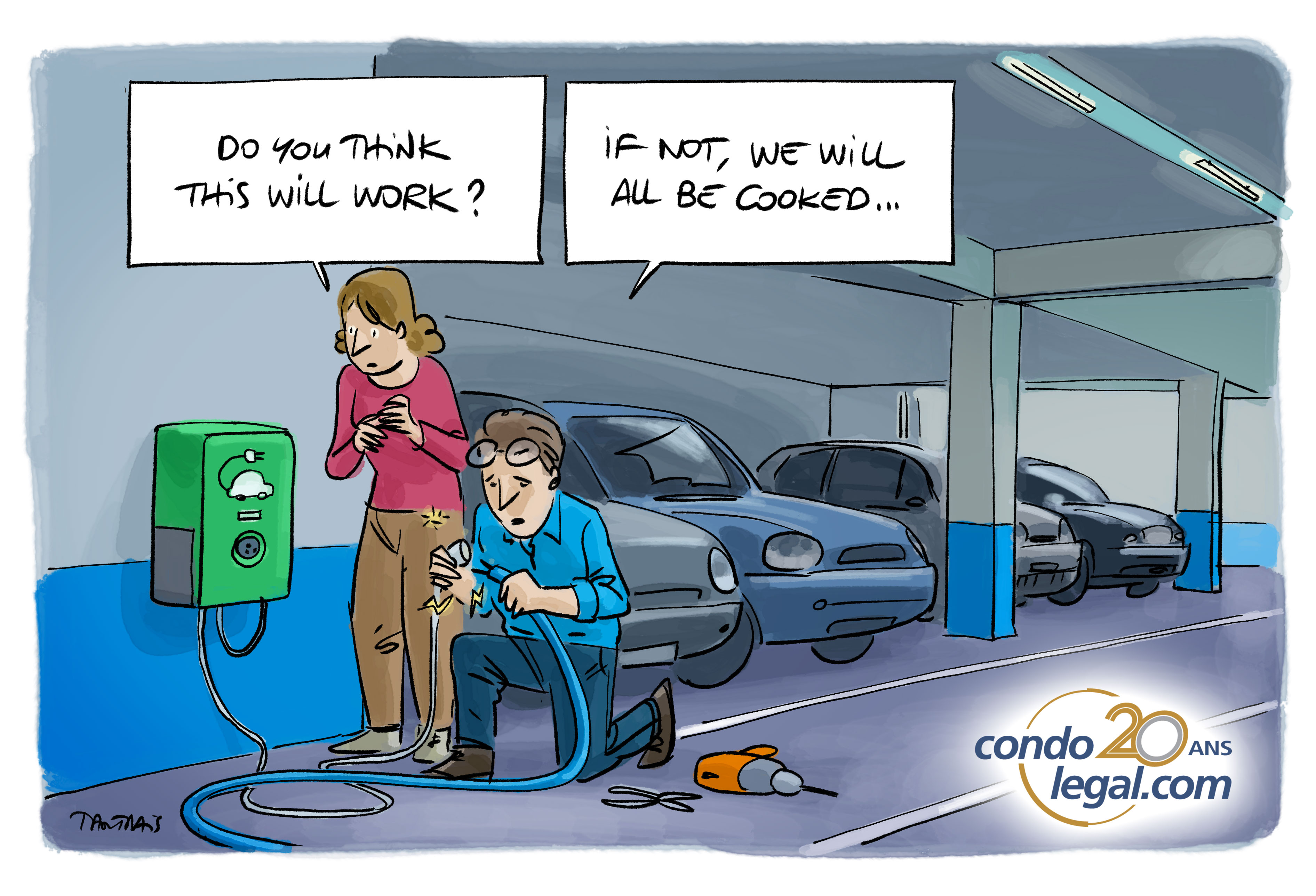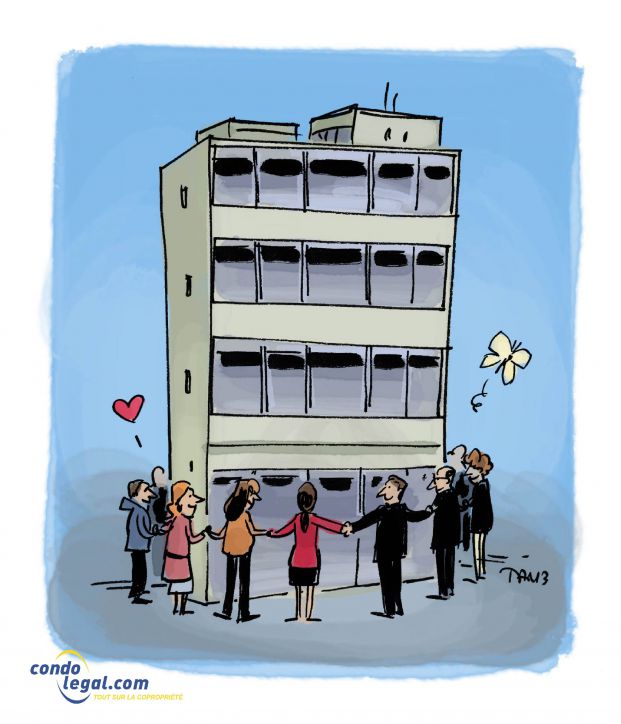 January 27, 2023 - The Mayor of Montréal, Valérie Plante, made a commitment on September 23, 2019, before the heads of state and government meeting in New York, to reduce the Montréal community's greenhouse gas (GHG) emissions by 55% by 2030 compared to their 1990 level. To become carbon neutral by 2050, the City of Montréal adopted the By-law concerning greenhouse gas emission disclosures and ratings of large buildings (21-042). The objective is to know the use of fossil fuels in buildings in order to reduce consumption. This regulation, which came into force on October 4, 2021, requires owners of large buildings to disclose the sources and amounts of energy their buildings use. By June 30 of each year, a declaration of such disclosure must be filed.
January 27, 2023 - The Mayor of Montréal, Valérie Plante, made a commitment on September 23, 2019, before the heads of state and government meeting in New York, to reduce the Montréal community's greenhouse gas (GHG) emissions by 55% by 2030 compared to their 1990 level. To become carbon neutral by 2050, the City of Montréal adopted the By-law concerning greenhouse gas emission disclosures and ratings of large buildings (21-042). The objective is to know the use of fossil fuels in buildings in order to reduce consumption. This regulation, which came into force on October 4, 2021, requires owners of large buildings to disclose the sources and amounts of energy their buildings use. By June 30 of each year, a declaration of such disclosure must be filed.
Progressive application of the Regulation:
Since January 1, 2022, the by-law is applicable to any building with a floor area of 15,000 m² or more that does not exclusively include dwellings and to any building of 2,000 m2 or more belonging to the City.
For other types of buildings, its implementation is done in two stages.
According to a sheet prepared by BOMA QUEBEC (Group of owners and managers of commercial buildings in Quebec), the floor area of the building corresponds to the gross floor area in square meters, measured from the outer wall of the exterior walls of the building. Indoor parking is excluded from this calculation. The cadastral plan or the global certificate of location may be used for the purposes of these calculations. In this regard, the law provides that the syndicate must keep a copy of the cadastral plan available to the co-owners. This plan is also available online through the Québec Land Register website.
Disclosure obligations
Section 4 of the new Mandatory Disclosure By-law provides that: " The owner of a building subject to this by-law must, no later than June 30 of each year, disclose to the authority having jurisdiction the information set out in schedule A to this by-law relating to the building’s GHG emissions resulting from the building’s energy consumption during the period from January 1 to December 31 of the preceding year. ».
Every year, owners will have to fill out an online declaration, in which they will be required to disclose information about their real estate such as the forms and quantities of energy used and the size of the building. This approach will allow the City of Montreal, in the first place, to evaluate the amount of greenhouse gases (GHG) produced by these large buildings, and then eventually to give them a "GHG rating", only in an informative way, which must be displayed at the entrances of the buildings.
Divided co-ownership: this great misunderstanding
Article 2 of the By-law explicitly defines the concept of owner as follows: " any natural or legal person, partnership or, in the case of a divided co-ownership, any syndicate of co-owners that holds all or part of the property rights in a building ".
Although a syndicate of co-owners may own real estate in its patrimony, for example an apartment to house the caretaker, private portion, most syndicates of co-owners do not hold a "property right in a building". Remember that the essence of divided co-ownership is to divide the building into various lots that will be the exclusive property of the co-owners (private portions), and for others that will be the property of all the co-owners (common portions). Moreover, a syndicate of co-owners does not have coercive powers to obtain from the co-owners the electricity consumption of each of the private portions. Even if a syndicate of co-owners had such information, the Act respecting the protection of personal information in the private sector prohibits it from disclosing the personal information of co-owners without their consent. It should be recalled that in France, consumption information belongs to consumers whose express agreement is required for it to be transmitted by the network operator (DSO) to suppliers. The City of Montreal has also recognized in its By-law Application Guide that the transmission of energy consumption data involves confidentiality issues. It is specified in particular as follows: « Agreements between landlords and tenants, or between condominiums, can be signed so that the aggregate consumption of the building can be transmitted directly and easily to the landlord (or the condominium corporation) by the energy supplier. The City of Montréal is currently in discussions with energy providers to develop a simple solution with no data privacy issues in the event that this type of agreement requires too much monitoring by the owners.». Therefore, it is up to Hydro-Québec or any other energy supplier to establish a method to anonymize the data relating to the energy consumption of each private portion of a building.
The clumsy drafting of this by-law risks generating disputes, regarding its implementation, between certain syndicates of co-owners and the City of Montreal. It is regrettable that the City of Montreal did not consult upstream lawyers and notaries specialized in the field and the Regroupement des gestionnaires et copropriétaires du Québec before voting on such a by-law.
Montreal, January 27, 2023


